 “If you spoke to others the way you speak to yourself, would you have any friends?” – Anonymous
“If you spoke to others the way you speak to yourself, would you have any friends?” – Anonymous
We all have that voice inside our heads, a constant companion. Sometimes, maybe more than we’d like to admit, that inner voice can be a critic—and damaging. We talk down to ourselves, find the little flaws, and harp on them over and over again.
In Ethan Kross’ book Chatter: The Voice in our Head, Why it Matters, and How to Harness It, he writes that according to one study, the voice in our head talks at a speed of four thousand words per minute. To put that into context, the amount of words we say to ourselves in a single day is the same as about 320 State of the Union addresses.
That’s an incredible amount of words! Of course the content of those words varies. We might ruminate on our fears, brainstorm solutions to problems, predict how future events might unfold, and replay discussions. According to the National Science Foundation, 80% of our thoughts are negative, and 95% of our thoughts are repetitive.
Kross writes, Sometimes it’s a free-associative pinballing between negative feelings and ideas. Sometimes it’s a fixation on one specific unpleasant feeling or notion. However it manifests itself, when the inner voice runs amok and chatter takes the mental microphone, our mind not only torments but paralyzes us. It can also lead us to do things that sabotage us.
Students can be at their absolute worst when they are dealing with their own adversity. They have a negative feedback loop and can catastrophize their reality.
So that’s the inner critic. But what if we could harness all that self-talk and become our own inner coach? A good coach teaches and is patient. A good coach promotes positivity. And, importantly, a good coach is there for you.
Teaching students to find their own inner coach is vital to their emotional well-being. So much of the world, both online and offline, tells them they don’t have enough or, even worse, they aren’t good enough. That they need to be faster, smarter, tougher, prettier, skinnier, and stronger. They fear making mistakes because of the ridicule that could come with it from others.
Many students have the language needed to develop their own inner coach. They can find it in the words they use when a friend is struggling. In those times, they are gentle, compassionate, and kind.
How can we help students turn their inner critic into an inner coach?
They just need practice.
They can keep a gratitude journal and draw on the positives when things don’t go exactly as planned.
They can replay a time when they helped a friend through a tough time and turn those words inward.
They can reframe negative statements into positive ones.
They can speak to themselves in the third person; even as if they are a friend. “Sean, this is going to be okay,” or “Sean, you’ve been through other challenges,” or “Sean, you can do this.” This helps people process their feelings and feel better about a challenge they’re facing. It also reframes how they perceive the problem. It puts them on the outside looking in.
Students, and most people, are the best version of themselves when helping a friend in need. Turning that kindness inward and using their self-chatter to coach themselves rather than criticize is a skill that students will use throughout their lives—and one that will make the world of difference.



